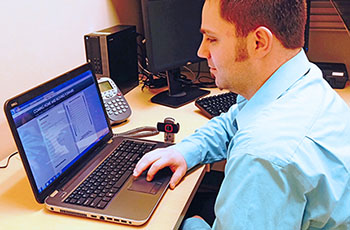Tradition and Triumph: University Honors ROTC Excellence at 108th Chancellor’s Review and Awards Ceremony
A time-honored celebration of academic achievement, leadership and military history was on full display at the JMA Wireless Dome during the 108th Chancellor’s Review and Awards Ceremony on March 28. The annual tradition brought together students, faculty, staff, alumni and…


